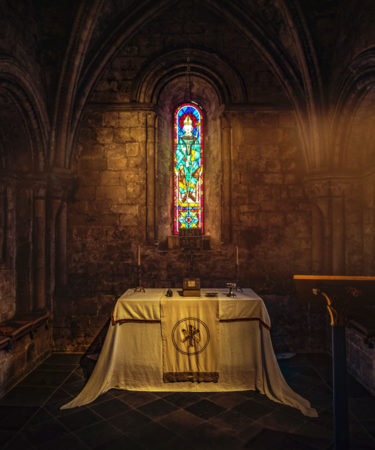The past two years have been good to hard-drinking disciples. Pope Francis famously declared wine a necessity in 2016, and former Pope Benedict XVI celebrated his 90th birthday with a beer and bretzels in August, 2017.
Only one beer in recorded history received an actual blessing from the pope. As legend has it, in the 17th century, Paulaner monks in Bavaria, Germany decided to brew some liquid courage to survive their 40-day Lenten fast, during which food was verboten but liquids were A-O.K.
(Present-day fact check: Is it possible to survive 40 days without food? Depending on general health and hydration, maybe.)
The monks’ decision to make beer was not particularly unusual. Many Germans brewed their own beer at the time, and Trappist monks in Belgium had been making some of the world’s best beer since 530 A.D., when the Rule of Saint Benedict declared autonomous manual labor and poverty (a.k.a., homebrewing) among the key principles of monastic life.
What the Paulaner monks created, however, was an extremely delicious doppelbock. It was reportedly so tasty that the order was concerned it no longer qualified as Lenten sacrifice.
Eager to play by the rules, the Paulaner monks shipped some doppelbock to Rome for papal approval. If it was deemed too rich or boozy or otherwise unrepentant, they wouldn’t drink it during Lent.
In an O.Henry twist, the beer spoiled on the trip from Germany to Italy. By the time it reached Rome, the doppelbock tasted so terrible that the Pope figured consuming it was a sacrifice unto itself. The monks continued to brew and drink it during Lent with clear consciences.
The Paulaner brewery, founded in Munich in 1634, still brews this doppelbock today. It’s called Salvator, and it is right to give thanks and praise.
